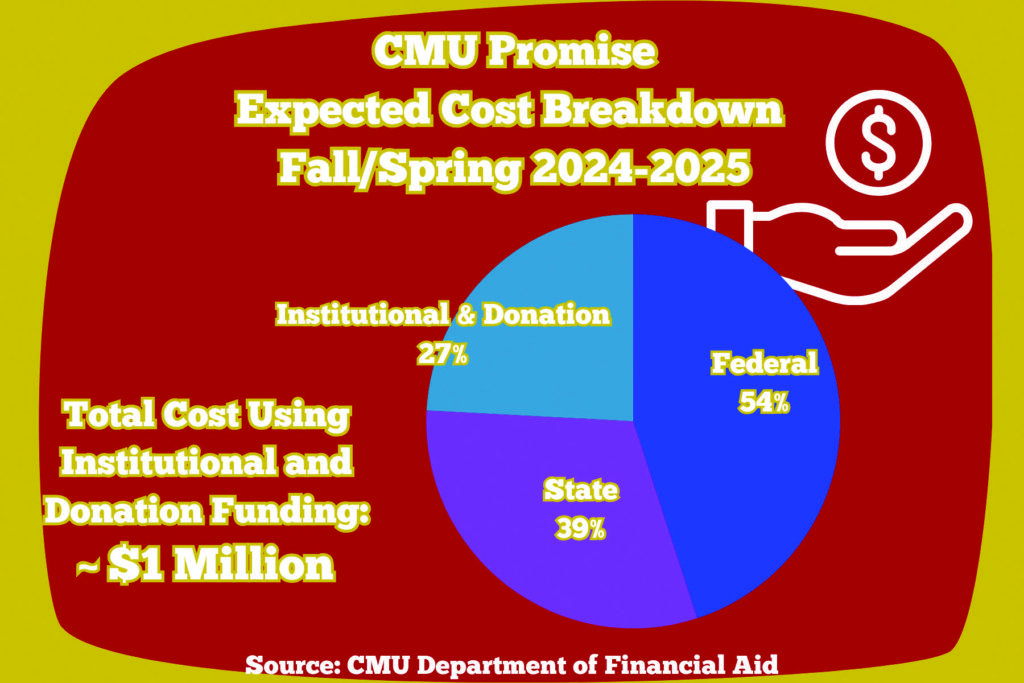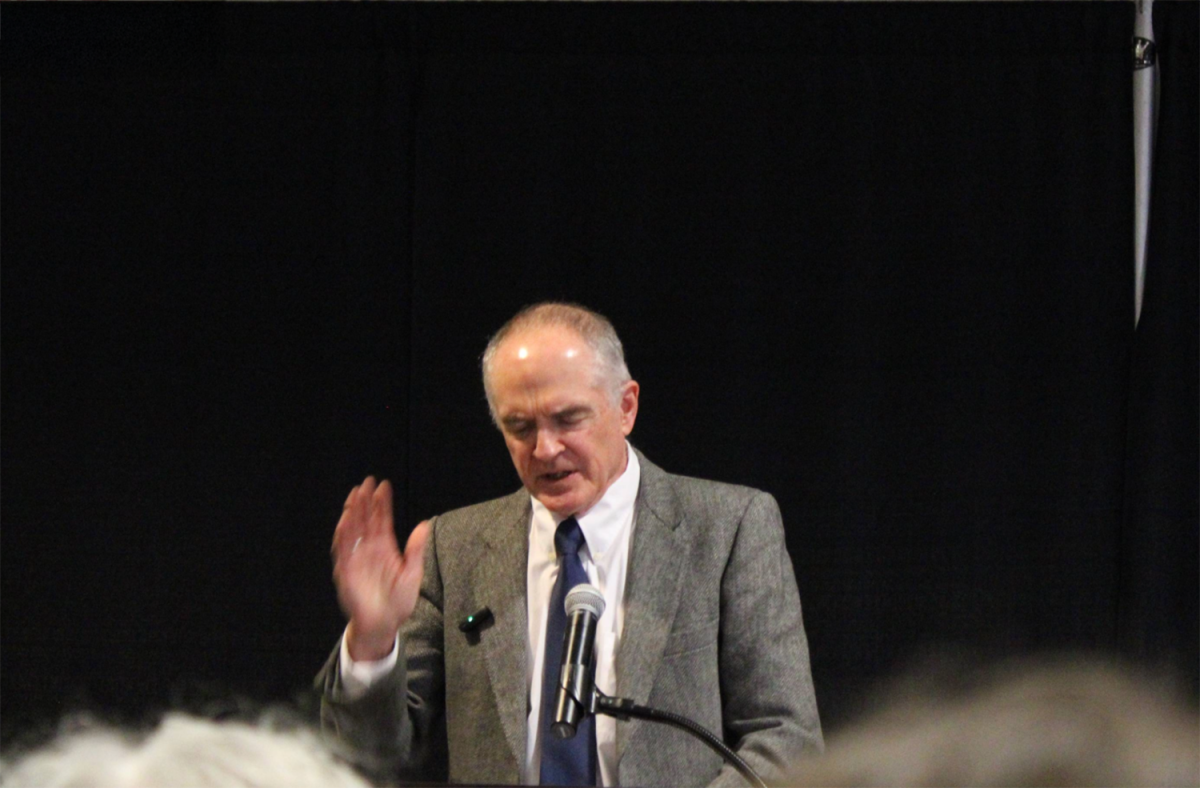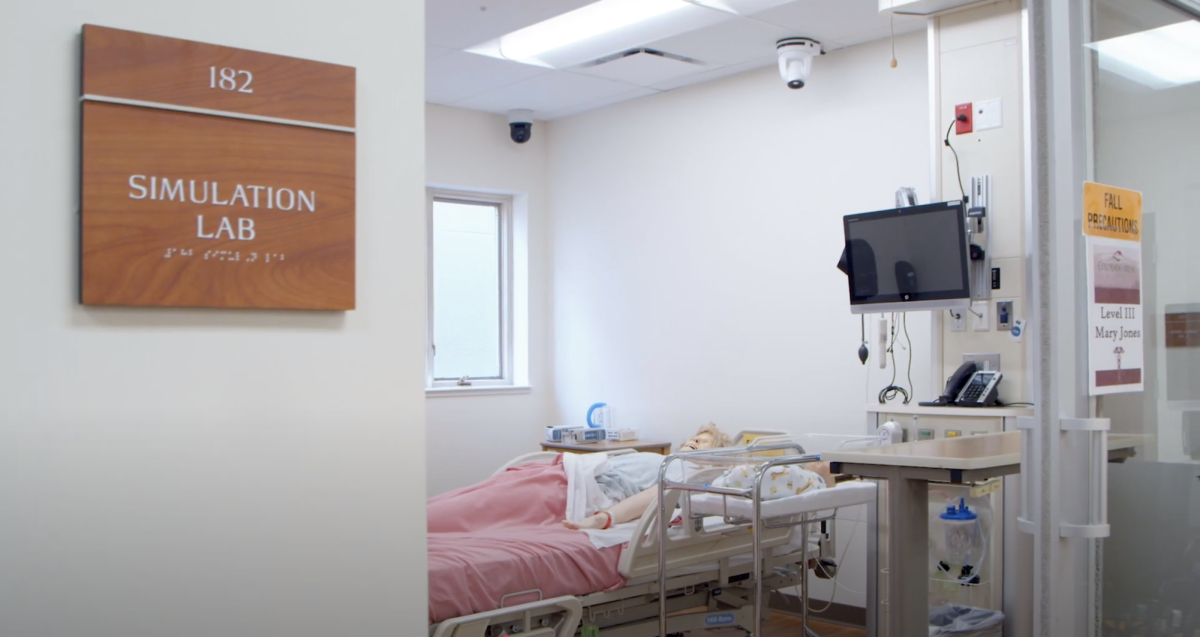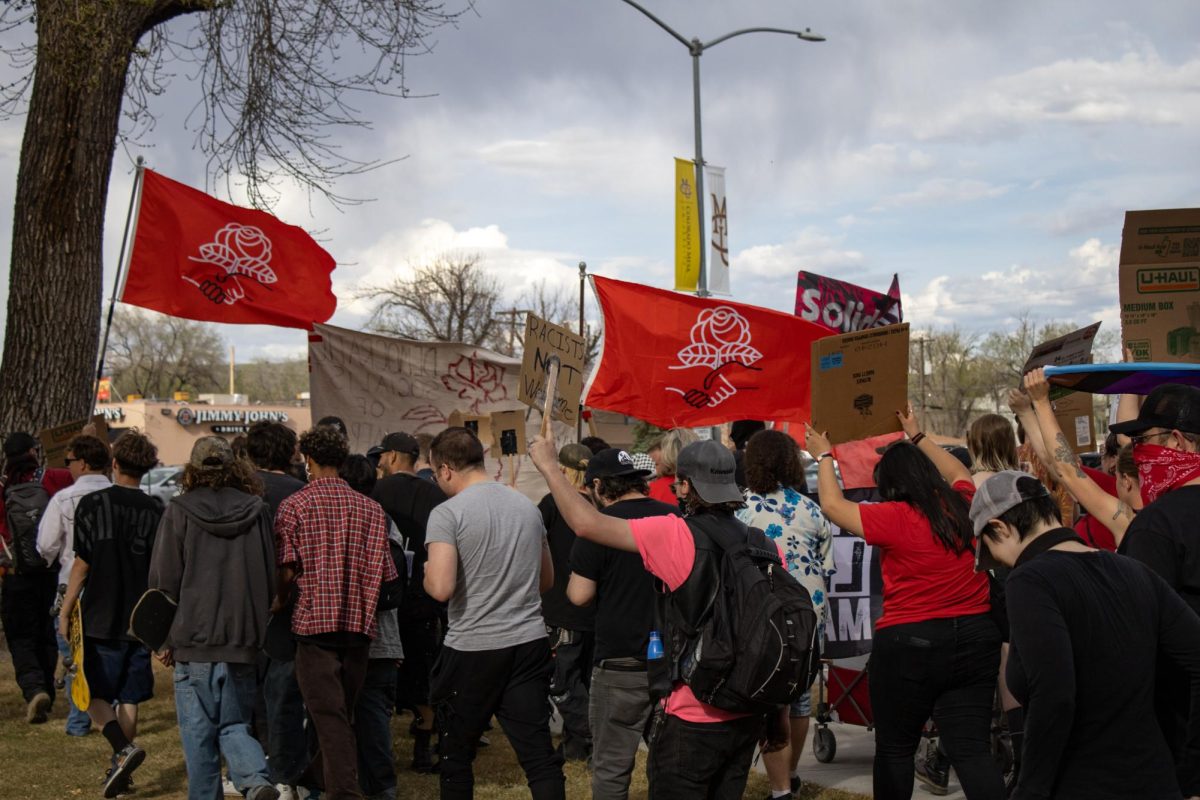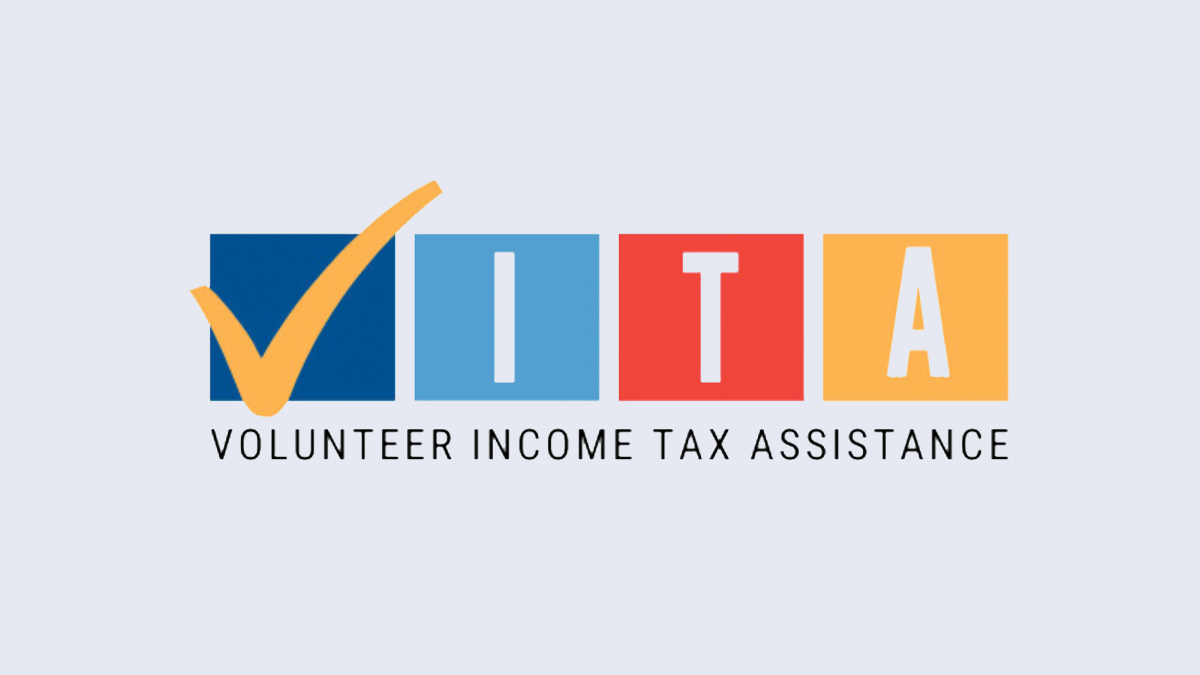As promised, starting in the Fall of 2024, tuition at Colorado Mesa University (CMU) will be completely free for students who meet a few simple criteria. Administration expects the CMU Promise to increase enrollment, increase rates of higher education attainment in the region and ultimately mitigate the most frequently reported barrier to a college education: cost.
“You kind of can’t help the income of your parents, or sometimes your own income, and it will give them an opportunity to […] get a degree and get a better job and better themselves and their family,” said undeclared freshman Jason Bryant. Even though he won’t qualify, he feels positively about the Promise.
According to a national Gallup study from 2023 “financial barriers are most frequently identified as very important reasons unenrolled adults are not currently enrolled, including costs of programs (55%), inflation (45%) and the need to work (38%).” This information was released in their third annual “The State of Higher Education” report.
According to the Foundation Board at District 51, their study from 2020 shows that only 50% of high school graduates pursue post-secondary education. When combined with low socioeconomic status, that number drops to 30%. Nationally, that figure sits at around 70%.
Senior psychology major Vincent Shoffner said “I wish it was sooner, like a lot sooner.” Shoffner’s sister is a senior in high school in Grand Junction. “I’m glad that it’s happening, because tuition is already way too expensive…if she decides to go to college [here] then I’m glad she won’t be in a ton of debt for the rest of her life.”
Per Lindsey Campbell the Executive Director of Financial Aid, Advising and Enrollment, this program is expected to cost CMU just under one million dollars in the first year. Campbell and the financial aid department projects approximately 1,700 current or incoming students will qualify.
The CMU Promise web page explains, “This program will be included in qualifying students’ financial aid packages as the last dollar in. Meaning once programs like the Pell Grant, Colorado Student Grant or CMU Merit Scholarships are factored in, CMU Promise will make up the difference up to the cost of undergraduate tuition.”
Other state grant programs contribute as well, like the Colorado Opportunity Scholarship Initiative (COSI) and the Colorado Student Grant (CSG).
“The Lion’s share is coming from the federal government, from federal Pell Grants,” Campbell said.
Institutional funding comes in the form of merit-based scholarships for achievements like high grades, musical skill and athletic talent. This money comes specifically from tuition and Campbell stated that the allocation for those scholarships will not increase due to the Promise.
Lastly, private donations will offset whatever remaining cost may exist for the qualifying student. This funding comes from individuals and private businesses, as well as CMU’s Hotel Maverick. According to President John Marshall, all the net profits from the hotel over the last three years have been put into a fund targeted at the CMU Tuition Promise and other need-based scholarships.
“This year, we were able to move $1.3 million dollars… [to] get plugged right back into need-based scholarships,” said President Marshall. The decision to move that money was entirely at the discretion of CMU.
Individual donors like Joe Higgins have also contributed to the success of this program. A former member of the Foundation Board at CMU, Higgins was a major catalyst in the development and implementation of the program. He’s a prominent figure in the non-profit sector of the community, having been the Director of the Partners since the 70s.
“There’s 106 people that have donated over $5 million dollars in the last five years and it’s because we think it’s important that as many students as possible, irregardless of family income, at least have a chance,” said Higgins. He has personally been able to donate $7,500 to the program.
One of Higgins’ goals was to make sure that the students’ choice of program wouldn’t impact their qualification. He, along with the foundation board members, wanted to ensure that the Promise applied to attaining all certificates, associates degrees and bachelor’s degrees.
“We’re not trying to jam kids into a can and say you can only apply for this if you’re going into nursing…or sports,” Higgins said.
He feels confining students to a program because their scholarship is dependent on it is unrealistic.
In a tour of the region, President Marshall visited high schools to talk about the Promise with students and raise awareness of the program.
“Ultimately this promise is about how do we continue to make sure that students all across Western Colorado have an opportunity in communities that haven’t typically been saturated with opportunity,” said President Marshall.
The CMU Promise will cover tuition for residents of 22 Western Slope counties and citizens of any of the three Ute Tribes. Qualifying students must have a household income under $65,000 annually. This promise includes programs at CMU Tech and CMU Montrose. Financial qualification will be based on the student’s FAFSA or CAFSA reporting.
A similar program is also available at Fort Lewis College in Durango, CO. On Feb. 1, the University of Northern Colorado (UNC) announced their version of this program as well.
The Promise will not cover meal plans, books, housing or student fees. It will not apply to graduate programs. More information is available on CMU’s financial aid webpage.



